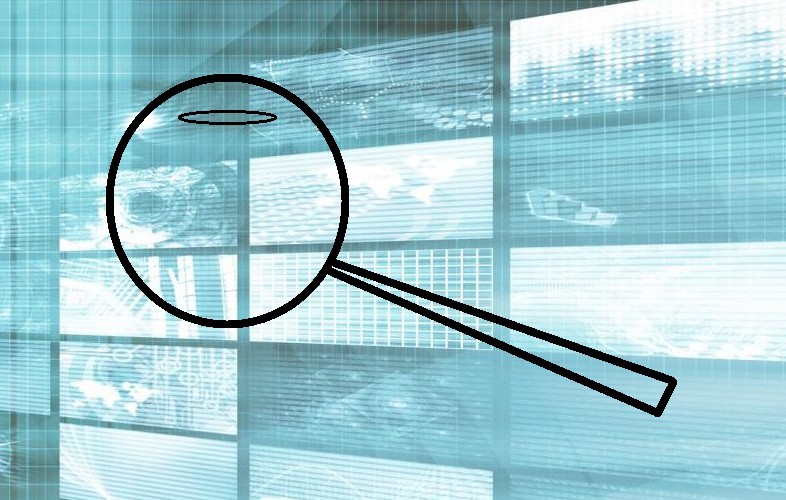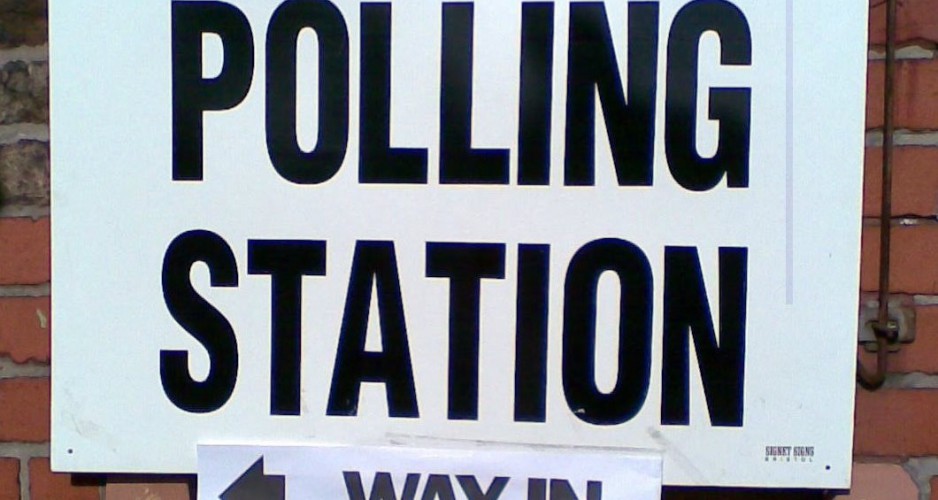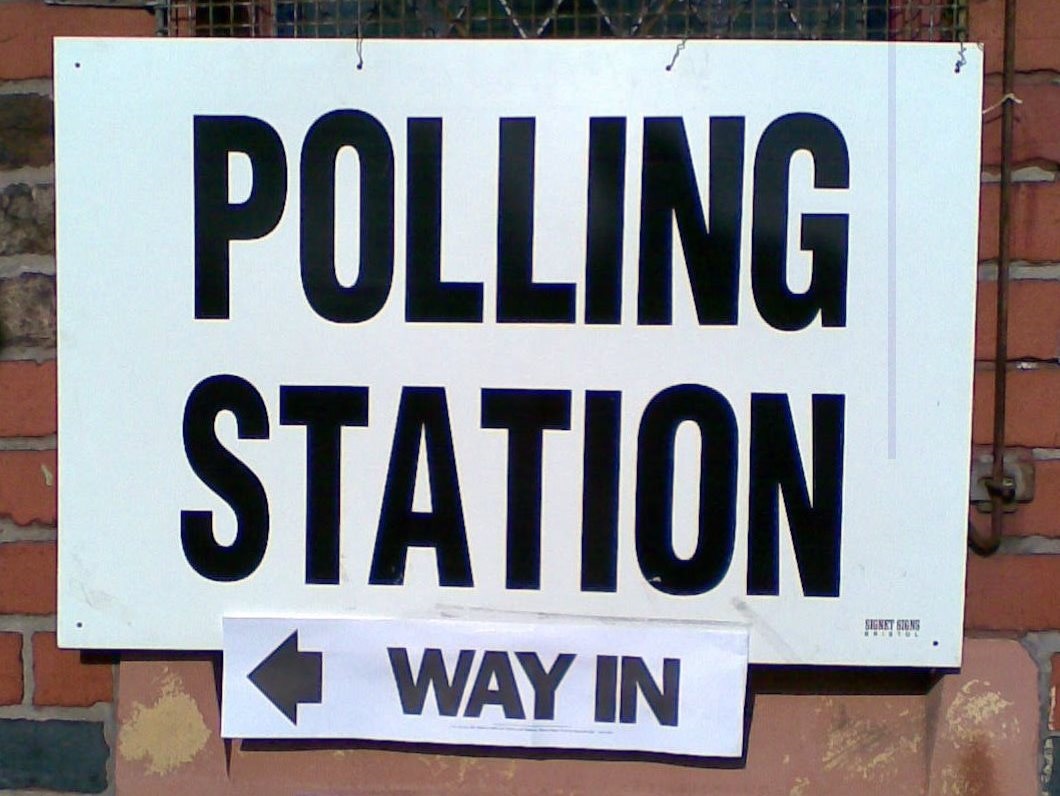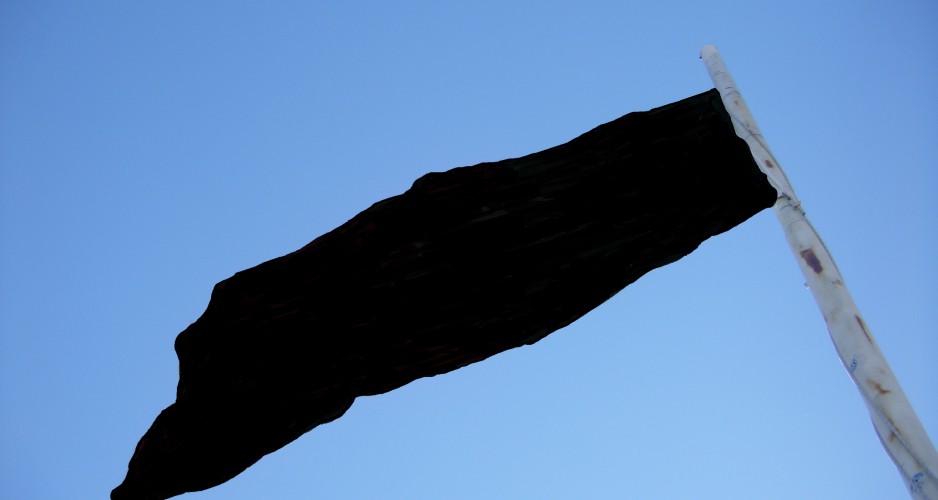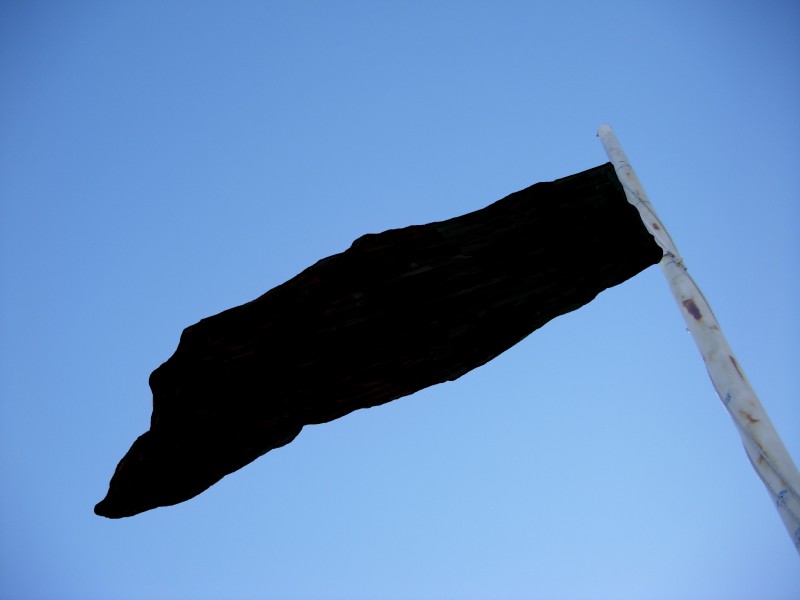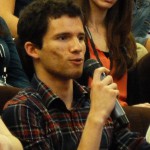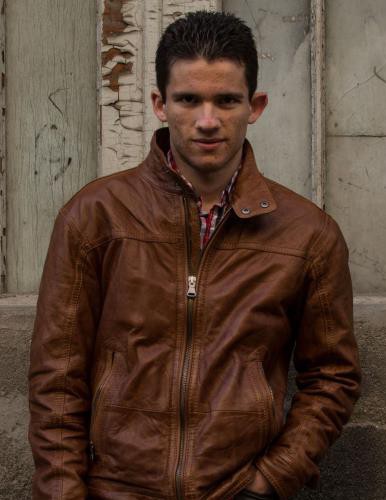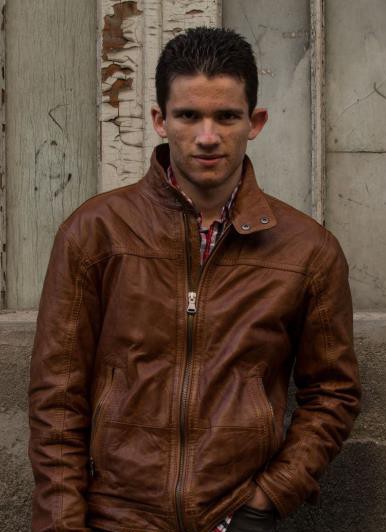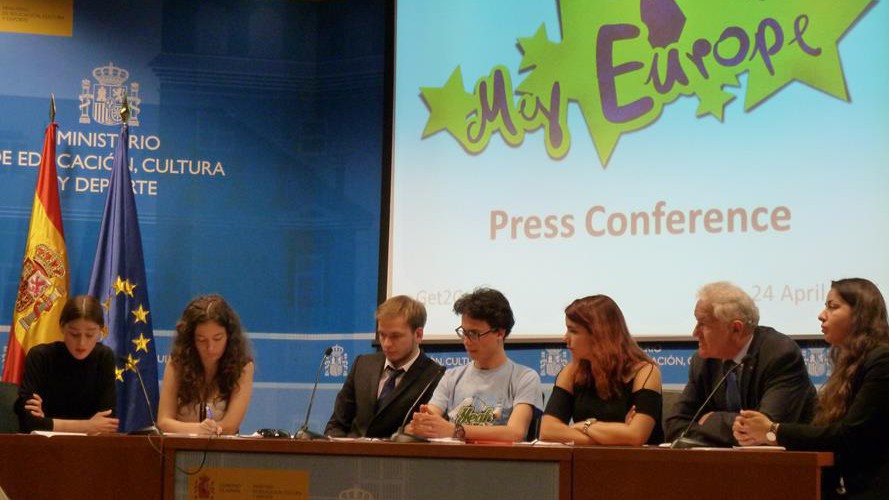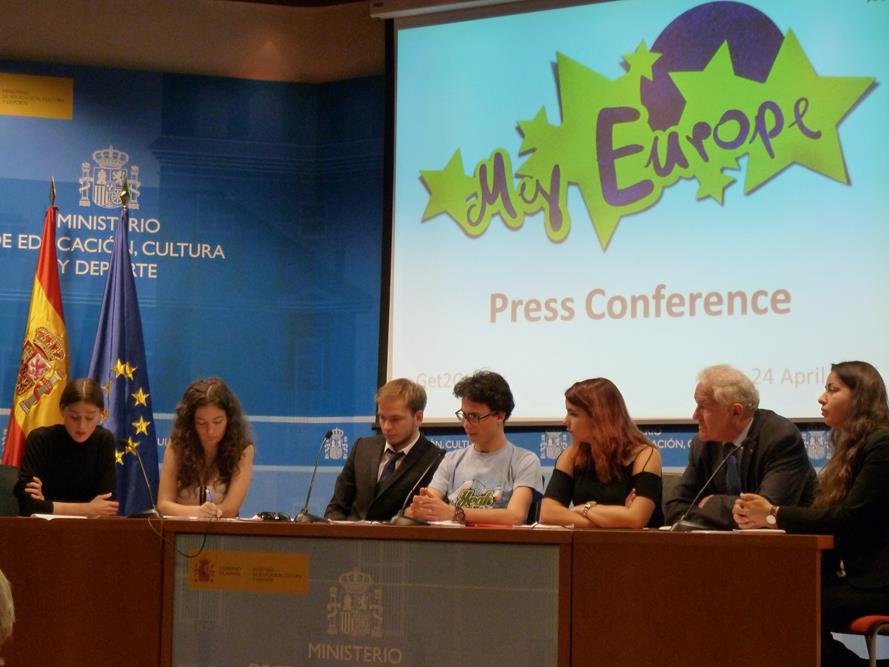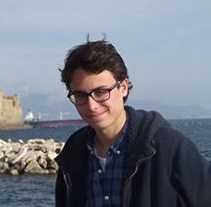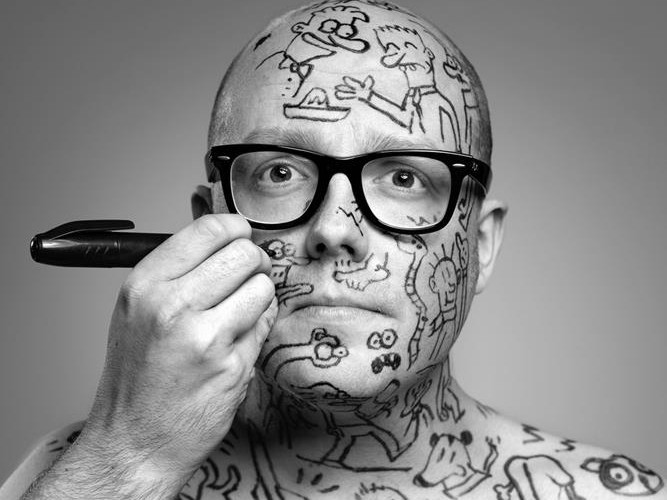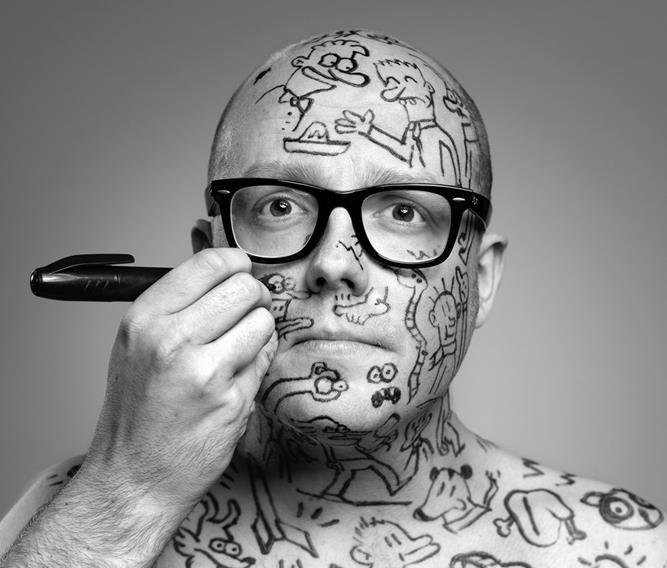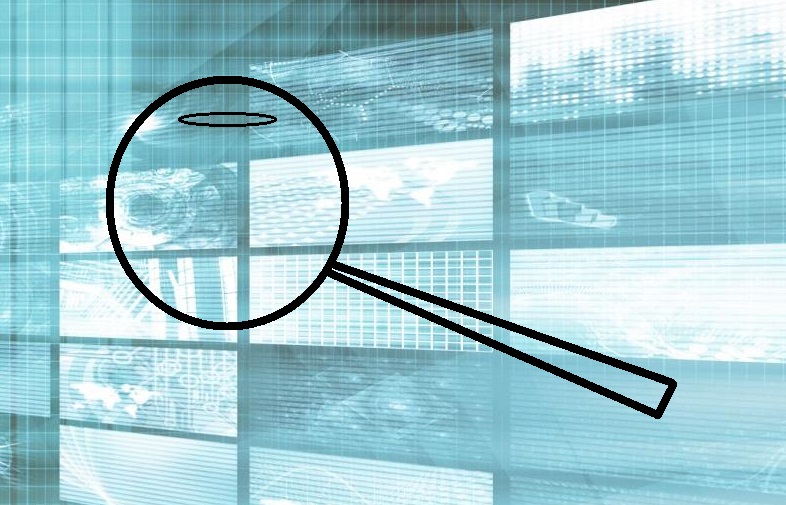
Why we should all be afraid of the ‘nothing to fear’ brigade
Freedom, tolerance and the rule of law are widely accepted as the foundations of any just, progressive and equitable society. It thus follows from this that governments should have a hard time compromising these values, which would unequivocally be the case were it not for the now globally elusive and seemingly misguided pursuit of national security and safety. Since the commencement of the war on terror, propositions for a series of restrictive and intrusive measures aimed at policing non-criminal activity, behaviour and even thought have become the norm amongst an increasing number of western states.
Most notably and recently amongst European leaders, British Prime Minister David Cameron wasted little time following his party’s electoral success to brazenly deride British society for having been ‘passively tolerant for too long’, arguing that a new era was needed in which simply obeying the law would no longer be enough to stave off government suspicion and intervention. Whilst Cameron’s vision for a big-brotheresque society and proposals for a so called ‘snoopers charter’ have attracted a plethora of criticism from human rights and libertarian groups, the public outcry which has followed is arguably far from proportional to the extent of which its liberty is actually at stake. The root of this apathy is most conceivably rooted in the general public’s collective confidence that they simply have nothing to hide – and as the oft-repeated saying goes, if you have nothing to hide you have nothing to fear. After all, why would the amicable and passive majority of a nations population worry about anonymous government institutions analysing the most banal aspects of their life if such measures would ultimately help protect them from the type of violent and organised attacks which have plagued the likes of Paris and London in recent years?
However, as is often the case when contextualising proposals and relations between governments and their publics, the underlying realities are substantially more sobering than what could be concluded at face value. Far from tackling the root causes of extremist violence, intrusive and targeted invasions of privacy in the long-term ultimately serve to reinforce the societal divisions and tensions which have facilitated the rising radicalisation within marginalised sectors of society – essentially strengthening the same vein of disenchantment triggered by conflicts overseas, police brutality and political & economic alienation amongst other factors of varying political and social contexts.
The reformation of privacy and liberty envisioned by the likes of Cameron extends way beyond investigating known terror suspects or groups. Theoretically everyone would be under the spotlight to some varying degree, with profiles being created on the basis of patterns of behaviour, association, political inclinations and thought. Peculiar yet definitive suggestions from Britain’s most senior Muslim police chief that shunning Marks & Spencer’s and abstaining from the celebration of Christmas could be pin-pointed as possible radicalisation alarm-bells amongst young Muslims provides just one case study as to how easy it could be for perfectly innocent, peaceful and law-abiding citizens to find themselves demonised as potential enemies of the state under Cameron’s new vision for British society.
Furthermore, in what can only be described as a worrying and somewhat disturbing sign of the times, the scrutiny under which an East London council has found itself under after asking primary school children to fill in ‘counter extremism’ questionnaires is emblematic of the inevitably discriminatory and divisive nature of the big-brother era. With questions seemingly intent on skewing the religious beliefs and upbringing of the pupils, it has been difficult for Britain’s Muslim community to view this particular incident as anything less than an attack implicitly intent on criminally profiling its youth on the basis of nothing more than personal belief and thought.
Aside from the potentially devastating impact on community cohesion and government-public relations, forsaking our liberty for the sake of state-intervention also poses a grave danger to the rule of law and the provision of fair & impartial justice. If behavioural information extracted from one’s personal life could be viewed as sufficient to provoke suspicion, it in all likelihood may also be used to influence the prosecution of defendants, no matter how ordinarily legal that behaviour may be when considered in isolation.
Legislative measures as reformative as those proposed by Cameron and his peers also help to create a considerable political precedent, and it is far from far-fetched to fear existing legislation being taken advantage of by progressively authoritarian governments to gradually widen the realms of what is understood as ‘extremism’, which as currently re-defined by British Home Secretary Theresa May now includes ‘non-violent extremism’ – a term essentially vague enough to cover everything from hate speech to political anarchism. It conclusively seems that irony is the major theme in the never-ending battle between liberty and security, as embodied by the worn-out tune of ‘free-speech’ being hummed by those same leaders intent on strengthening the chokehold of government monitoring – it was in fact just five months ago that David Cameron joined world leaders for a march in Paris to symbolise the unquestionable sanctity of free-speech in light of the Charlie Hebdo terror attacks.
Is a tightly controlled and highly interventionist society one that an increasing number of governments appear to be aspiring to? Or is it one in which liberal privileges are reserved for the conservative, elite and powerful sections of society only? Either way, it appears that in seeking to protect our supposedly most sacred values from those that aim to destroy them, our governments are intent on destroying them first.
About the author:
 Hassan is a 22 year old graduate from Lancaster University, UK. He possesses a considerable interest in human rights, conflict resolution and issues of community cohesion within European societies.
Hassan is a 22 year old graduate from Lancaster University, UK. He possesses a considerable interest in human rights, conflict resolution and issues of community cohesion within European societies.

